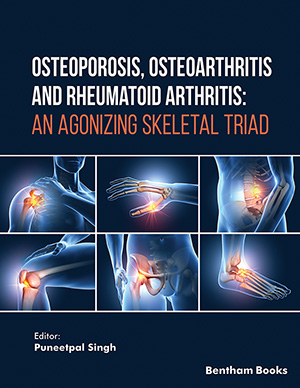Abstract
Antiphospholipid syndrome (APS) in pregnancy is characterized by the presence of autoantibodies in association with recurrent early miscarriages, fetal losses or severe obstetric complications such as prematurity, intrauterine growth restriction and uteroplacental insufficiency. Several mechanisms are hypothesized to explain the pathogenesis of pregnancy failures including decidual thrombosis or placental vasculopathy and antiphospholipid antibodies (aPL) direct effect on the utero-placental unit. According to the Sapporo criteria, APS is present in patients with three or more unexplained consecutive spontaneous abortions before the 10th week of gestation, after exclusion of maternal anatomic or hormonal abnormalities, or one or more losses starting in the fetal period (from 10th week of gestation). In the last years, several studies were performed for identifying the predictors of pregnancy outcome in APS patients. The uterine artery Doppler is a useful method for the study of patients at higher risk of preeclampsia and small for gestational age infants. A multidisciplinary team (obstetricians, rheumatologists and neonatologists) is important to achieve a good obstetric outcome and to reduce the possible consequences of premature delivery.
Keywords: Antiphospholipid syndrome, antiphospholipid antibodies, early miscarriages, fetal loss, preeclampsia, HELLP syndrome











